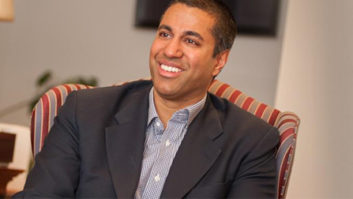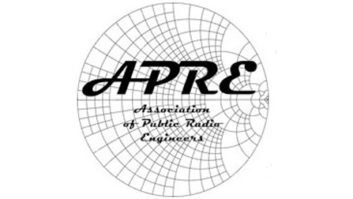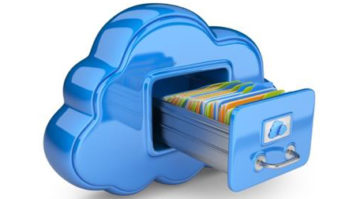
Several public interest groups are waving a cautionary flag on a pending change that probably seemed like a formality to many broadcasters: dropping the requirement that stations keep a copy of listeners’ paper correspondence.
They argue that the correspondence folder empowers the community and serves as an important source of information for those who want to hold local broadcasters accountable.
They filed comments (PDF) in response to the tentative conclusion drawn by the Federal Communications Commission in Notice of Proposed Rulemaking Docket 16-161 to eliminate the requirement that commercial broadcasters retain public letters and emails in a public inspection file.
The filers include the AFL-CIO, the National Hispanic Media Coalition, the Center for Media Justice, Common Cause, Communications Workers of America, Free Press and Public Knowledge.
They say that moving to an online-only format might frustrate less-affluent citizens and people of color by eliminating one way in which they communicate with broadcasters. “Community members without access to the internet should not be excluded from the resources that allow them to hold their broadcasters accountable,” they wrote.
They challenge broadcasters’ main arguments against maintaining the correspondence folder as “either contradictory or wildly theoretic.” They disagreed with the assessment of the National Association of Broadcasters that consumers today are far more likely to use social media or other online forums to communicate their views.
“The growing reliance of social media does not negate the need for a correspondence folder, especially in an era when some studies suggest that only 55 percent of African Americans and 46 percent of Latino adults currently use home broadband,” they wrote. “Due to the disparate lack of internet access, eliminating the correspondence folder would disempower those members of the broadcaster’s community of license who still rely on this vital resource.”
The group dismissed the NAB’s assessment that maintaining the correspondence file places an undue burden on stations. “One cannot claim credibly that staff are burdened by constant visits from the public and then also argue that such visits never actually happen because communications occur largely through social media,” they wrote.
“Broadcasters also fail to cite any data of how many hours per week, month, or year an employee spends in specifically maintaining the correspondence folder.”
The groups also disputed the NAB’s assessment that public file inspections jeopardize the safety of their employees. “Certainly, public interest and civil rights groups support safe workspaces for broadcasters, but there are simply no documented incidents of violence resulting from an individual inspecting the public file.”
Absent more data, the group said, the FCC should preserve this resource. “It continues to serve the public interest, enabling the public to hold their local broadcasters accountable to their respective communities.”
In addition to comments filed by the NAB, the group cited comments by the Broadcaster Coalition and state broadcast associations.












